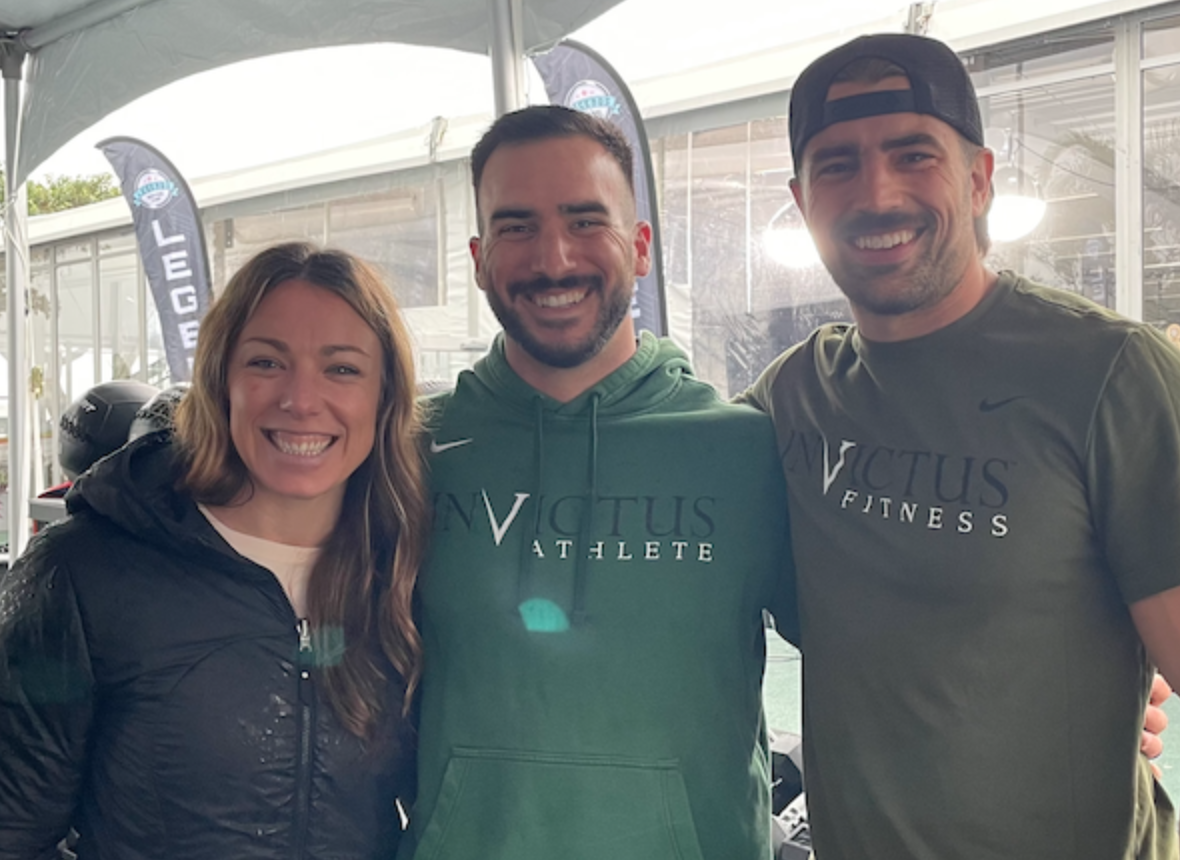The Art of Being an Adaptable Coach
Written by Nichole Kribs
Everyone appreciates an adaptable person; someone who isn’t stuck in their way and who can easily adjust to changing circumstances. This is a quality that often flies under the radar but is very valued in seasoned coaches.
Being adaptable when coaching a group class can speak volumes about the expertise of the coach’s (1) knowledge and (2) EQ (emotional intelligence). They can make a person in a group class feel like they are getting a personalized version of the program while still reaping the benefits of working out with a community.
Why is being adaptable as a coach so important?
Nobody is ‘one size fits all’ so you can’t expect everyone in your group class to be the same or have the same motivation. People experience a lot of variability with things like:
Circumstance. People experience a multitude of stressors and all have different circumstances with family, work, etc so be aware of this (that is where that high EQ comes into play). Here’s 5 steps to increase your emotional maturity.
Goals! A group class will be filled with a variety of goals; you may have one person looking to prepare for an upcoming local competition while working out next to someone who is trying to improve their mobility as they advance into their senior years.
Injury. Being aware of injuries (maybe asking the group at the get go if anyone is experiencing knee pain on a heavy squat day, for example) will allow you to assess who will need what modifications for the class that day.
How Coaches Can Be Adaptable in a Group Setting
So how can you best adjust and be adaptable in a group class when you have such a wide variety of people attending? Here are my top 4 suggestions for being adaptable in a group class setting:
1 – Get to know your class by assessing from the get go. Warm-ups provide a GREAT opportunity for you to assess how the group is moving. Throughout the warm-up you can make note if anyone is moving extra slow due to extreme soreness, if anyone complains about a nagging injury or shares that their stress level is at max due to a work deadline. This is all valuable information for you as a coach so that you can take their feedback and adjust the workout if needed.
2 – Provide options. From the outset of class, review the workout of the day AND provide options. For example, if the group class is doing heavy deadlifts but you have someone in class who just completed a marathon over the weekend and their hamstrings are TIGHT then provide other options so they can still train with the class but not further aggravate an issue.
3 – Change movements throughout the session. Don’t hesitate to offer a quick substitution on a movement if you see someone moving in a way that is less than desirable or even unsafe. It is your responsibility to ensure that your class is moving to the best of their ability (not perfectly) and so if you see someone wincing during a movement because it is aggravating their sciatica then provide another option to seamlessly transition them to a better movement for the day.
4 – Set the tone of the class. You have the power to set the tone of the class so make it part of the culture to be flexible and adaptable with what the whiteboard says. We all know those people who see what is written down on the whiteboard and they have to execute the plan perfectly or else they feel like they ‘cheated’ their workout for the day. Change that mindset by setting the tone of your class to view the whiteboard as the blueprint for the day but addendums can be made based on varying circumstances.
Developing Adaptability in Coaching
The skill of being adaptable takes time to develop (I wish I had been way more adaptable with coaching in my earlier days) and requires you to check your ego at the door. We talk about athletes needing to do that when they enter the gym but this concept also applies to coaches. Don’t be married to your program or what the whiteboard says. If you can do this then you will ensure your group class will be a success for all attendees!
Invictus University
If you’re a coach who is interested in learning more about modifying group programming for individual athletes, stay tuned for more learning opportunities coming your way soon through Invictus University.


My coach, Haliegh Sehrt, is already a consummate adaptable coach. I started working one on one with her because of numerous injuries and joint issues. She programs tough and challenging workouts, modifies on the fly where needed to adapt to my issues, and gives me workouts where I can see progress despite my issues. Crossfit Roseland, with Marquan Jones as the head, deals with all of the members in the same way. They want people working out to their best abilities and want to make sure that we all stay safe and healthy while working out to the max! Just… Read more »